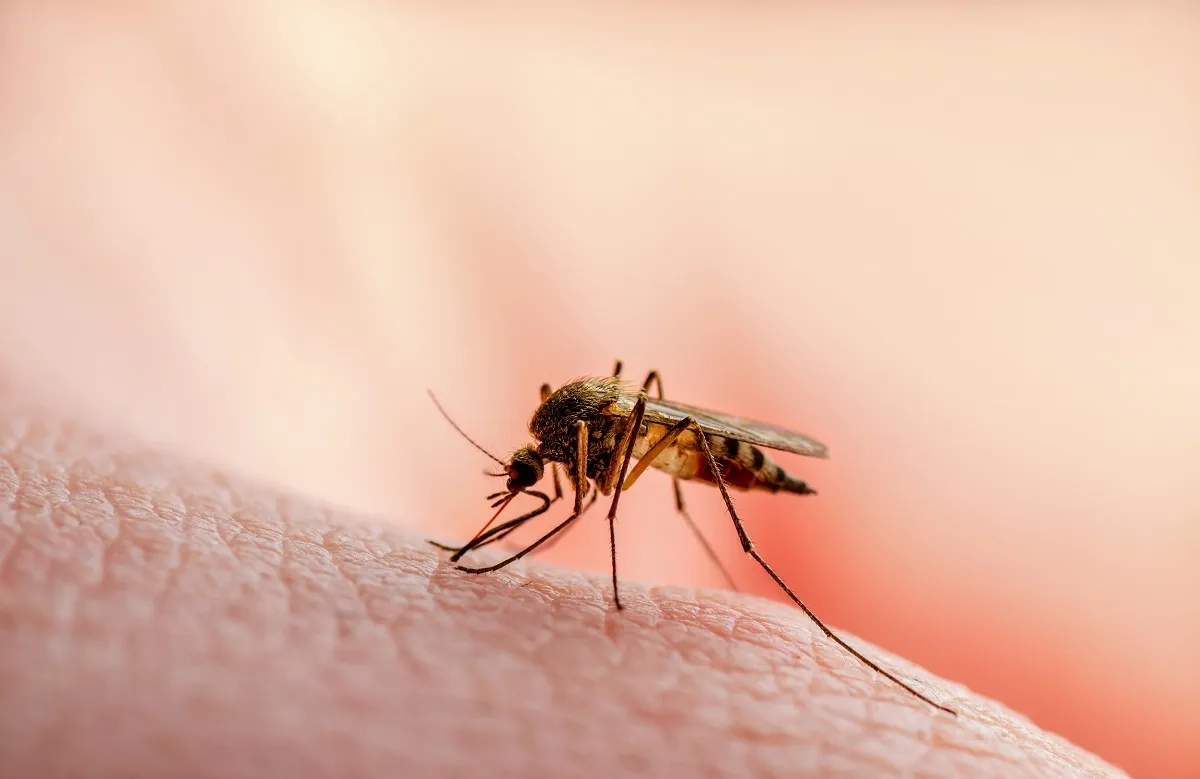Eastern Equine Encephalitis in Massachusetts: A Continuing Health Threat

Understanding Eastern Equine Encephalitis (EEE)
Eastern Equine Encephalitis (EEE) is a rare but serious disease transmitted by mosquitoes. The recent confirmation of EEE in a horse emphasizes the ongoing risk. Health professionals, including the Department of Public Health (DPH), stress the importance of vigilance against mosquito bites.
Prevention Tactics Against Mosquito Bites
- Use insect repellent containing DEET.
- Avoid outdoor activities during peak mosquito hours.
- Wear long sleeves and pants when possible.
Residents are advised not to let their guard down as EEE cases can escalate quickly. With a continued presence of mosquitoes in the area, taking preventive measures is essential.
Stay Informed and Safe
For further information about EEE and updates from the Department of Public Health, stay tuned to local health news. Protecting oneself and one's family is crucial as EEE poses a risk not just to horses but also to human health.
Disclaimer: The information provided on this site is for informational purposes only and is not intended as medical advice. We are not responsible for any actions taken based on the content of this site. Always consult a qualified healthcare provider for medical advice, diagnosis, and treatment. We source our news from reputable sources and provide links to the original articles. We do not endorse or assume responsibility for the accuracy of the information contained in external sources.
This article was prepared using information from open sources in accordance with the principles of Ethical Policy. The editorial team is not responsible for absolute accuracy, as it relies on data from the sources referenced.